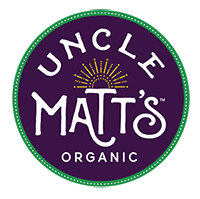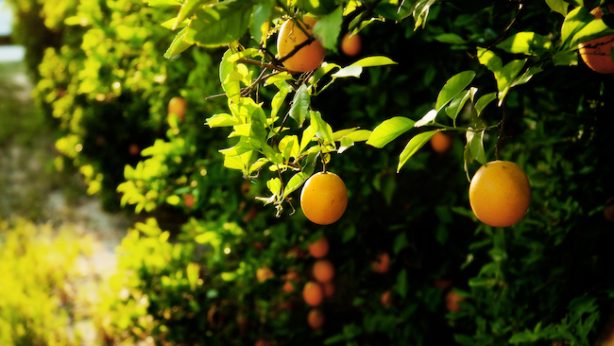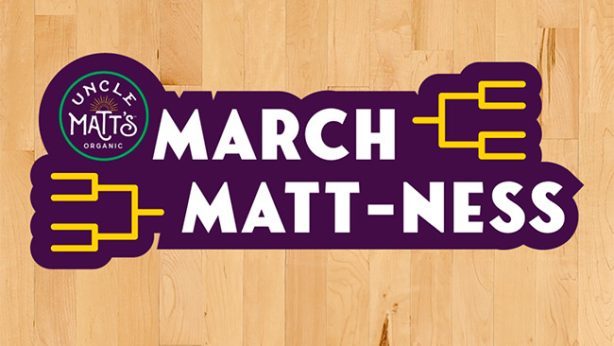Decrease of Blood Pressure with Regular Consumption of Orange Juice
Blood pressure is the amount of force required for the heart to circulate blood through the body. Systolic blood pressure represents the maximal blood pressure during systole, and diastolic blood pressure the minimum pressure at the end of ventricular diastole. Arterial blood pressure can be defined hemodynamically as the product of cardiac output and total peripheral resistance. Cardiac output is the main determinant of systolic pressure while peripheral resistance largely determines the level of diastolic pressure. Hypertension is a cardiovascular disease characterized by elevation of blood pressure above arbitrary values considered normal for people of similar racial and environmental background. Hypertension affects the vasculature of all major organs (heart, brain, kidneys), and myocardial infarction and congestive heart failure account for the majority of deaths secondary to hypertension.
A study published in the American Journal of Clinical Nutrition investigated the effect of orange juice and its major flavonoid, hesperidin, on blood pressure and cardiovascular risk biomarkers. The study included 24 healthy, moderately overweight men who were randomized to consume either 500 mL orange juice, or 500 mL hesperidin or 500 mL placebo drink for four weeks. The results revealed that diastolic blood pressure was significantly lowered after four weeks consumption of orange juice or a hesperidin drink when compared to the placebo drink. It was also determined that orange juice and hesperidin significantly improved post-meal blood vessel reactivity compared with placebo. These results appear to suggest hesperidin may contribute to the beneficial effects of orange juice, which may reduce diastolic blood pressure and increase post-meal blood vessel reactivity.1
1 Morand C, Dubray C, Milenkovic D, et al. Hesperidin contributes to the vascular protective effects of orange juice: a randomized crossover study in healthy volunteers. Am J Clin Nutr. 2010.


